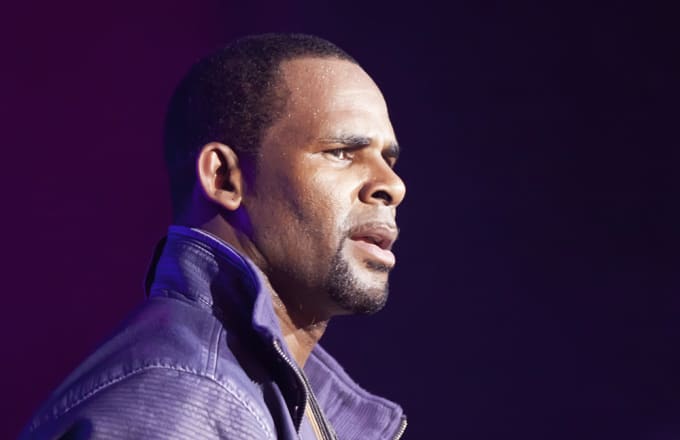by TAMURA LOMAX

I finished Episode 6 of #survivingrkelly executive produced by dream hampton late last night. Full disclosure: I am a Black woman sexual assault survivor who used to love me some R. Kelly, and yes, even after his marriage to 15-year-old Aaliyah. I knew it was wrong but quite frankly, like too many of us, I grew up knowing a lot of folks just like R. Kelly and Aaliyah. The solicitation, sexual and otherwise, of twelve, thirteen, and fourteen-year-old girls by nineteen, twenty, and twenty-one year-old-plus boys and men in Black communities was, unfortunately, the norm during my youth. And no, I don’t think any of us thought this was right. I do, however, believe many of us found it to be culturally permissible. There’s a difference. And no, this is not a Black problem. It’s a borderless cross-cultural problem. Grown men have long preyed on young girls across racial, ethnic, national, and socio-economic-political lines and many of us have looked the other way. Heck, it’s in the bible. How telling is that? If nothing else, it speaks to the normalization of predation.
That said, I loved me some R. Kelly up until at least his 2003 release of Chocolate Factory. And like many, I knew he was a sexual predator, but in my mind, I hadn’t yet processed that he was a sexual predator. Meaning that I’d heard about the sexual assault tape but was so deeply moved by his sound, his music, his performances, and yes, even his good looks, I compartmentalized the visual and aural aesthetics, which produced pleasure, and separated them from the larger narrative. Truth is, Chocolate Factory made me dance euphorically and forget about the ugliness of life. Music has a way of doing that. It makes you move your feet and wave your hands while forgetting about the sexism, patriarchy, exploitation, and misogynoir of your favorite artist. And so there I was, stepping in the name of love to the voice of a man that objectified and hated us.
Thank goodness, around this time I was also in graduate school. Not that you need graduate education to see what’s wrong with R. Kelly. But it was my engagement in this space with womanist and Black feminist textual resources that pushed me to become not solely a cultural participant, uncritically stepping in the name of faux love, but also and simultaneously a critical cultural reader. As I write in my latest book, Jezebel Unhinged: Loosing the Black Female Body in Religion and Culture (2018), when engaging the text Black Women As Cultural Readers(1995), by Black feminist Jacqueline Bobo, “[She] asserts that cultural production requires critical readers. She articulates the work of the cultural reader, one that moves beyond audience member to critical spectator, as a strategic intervention in the politics of interpretation” (60). The cultural reader strategically intervenes in and on cultural production, while not only attending to how cultural production makes meaning, but also while taking seriously how we bond with cultural production – for good or bad — and how such cultural production works on us.
Today, I am a Black feminist historian, researcher, and writer who has written about Black women, sex, sexuality, sexual identity, representation, rape, and #rapeculture as these things relate to North American slavery, plantation life, and plantation sexual politics and ethics, as well as Black communities, families, contemporary Black popular culture, and the Black Church. I have been engaged in this work for the past 16 years, critically and strategically intervening on culture and meaning making as it relates to Black life, radical ethics, and liberation. I should say up front, it’s fine to consume and enjoy culture. And, I’d be lying if I said I only enjoyed the liberative parts. However, becoming a cultural reader meant critiquing the bad parts, even if I enjoyed them. It meant exploring why I loved the trashy parts of culture, how it worked on me and others, and what drew me (and us) to it. R. Kelly isn’t still signed to RCA because he’s no longer selling out venues or records. He’s still signed because people are still dancing, despite knowing what we know. Because he has a hardcore fanbase still brazenly bumping his music. A critical cultural reader doesn’t just dance, however, she asks “why?” The short answer is sexual predation is so normalized we sometimes think it’s better to keep dancing rather than ask the hard questions.
The Feminist Wire for more
